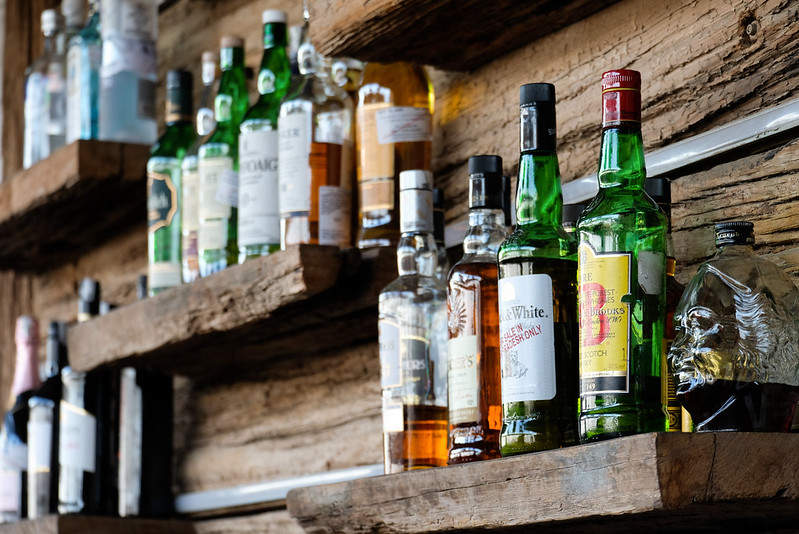Alcoholic Beverage Importers: Federal & Florida Licensing

What does it take to import foreign-made beer, wine, and distilled spirits into Florida?
When it comes to importing alcoholic beverages made outside of the United State of America in to the State of Florida, both federal and state regulatory requirements apply. A Florida importer must be licensed by the U.S. Alcohol & Tobacco Tax & Trade Bureau (TTB) and the Florida Division of Alcoholic Beverage & Tobacco (ABT). This post provides a brief overview of the requirements at both levels of government.
Federal Requirements for Alcoholic Beverage Importers
Before importing alcoholic products into the United States for commercial sale, an importer must comply with 3 licensing requirements:
- Obtain an Importer’s Basic Permit under the Federal Alcohol Administration Act, issued by the TTB (even if the importer already has a Wholesaler’s Basic Permit).
- Register as an Alcohol Wholesale Dealer with the TTB.
- Provide prior notice of the importation of food products to the Federal Food & Drug Administration (FDA).
For each new product imported into the United States, the importer must obtain TTB Certificate of Label Approval (COLA). In some cases, pre-COLA product approval is also required (see current TTB Industry Circulars for wine, beer, and distilled spirits). In some cases, the importer may be required to obtain a Certificate of Age and Origin from the manufacturer or foreign source for the products.
Additional federal restrictions apply with respect to the importation of distilled spirits in bulk. It is generally unlawful to import distilled spirits in bulk except for sale to or use by a distiller or rectifier of distilled spirits, an authorized bottler with licensed bonded warehouse, a licensed winemaker for fortification of wine only, or an industrial alcohol plant. For this purpose, “in bulk” means in any container larger than 1 wine gallon (that is, 128 fluid ounces). All bulk spirits must be bottled before retail sales.
Florida Requirements for Alcoholic Beverage Importers
In addition to compliance with federal regulations, individuals and companies wanting to import alcoholic beverages from outside the United States into the State of Florida for commercial sale must also comply with state licensing requirements and rules.
A Florida importer must maintain an principal office in the State of Florida and must be qualified to do business within the state. An importer may be licensed as a distributor (holding a JDBW license for beer and wine only, or a KLD license for beer, wine, and spirits), or an importer may be licensed as a importer (IMPR license). A IMPR-licensed importer is authorized to sell, or cause to be sold, shipped and invoiced, domestic and foreign alcoholic beverages to licensed manufacturers and distributes in Florida. See Fla. Stat. s. 561.14(5). Whether a licensed distributor or a licensed importer, a Florida importer is prohibited from having direct or indirect affiliation with any vendor licensed in the state. See Fla. Stat. s. 561.42. Additionally, a licensed importer of beer is subject to the same restrictions concerning its relationship with distributors as is a beer manufacturer in Florida. See Fla. Stat. ss. 563.021, .022.
Florida importers may only accept shipments of wine and distilled spirits from the “primary American source of supply,” which is the manufacturer, bottler, or exclusive agent of the manufacturer or bottler. See Fla. Stat. ss. 564.045, 565.095. The primary American source of supply is required to first register with the ABT as a brand registrant and must register each brand to be imported into the State of Florida.
Under the Florida statute concerning craft distilleries, distilled spirits that are imported and sold to a Florida craft distillery, cannot be sold in the distilleries gift shop unless the spirits are incorporated into products that are distilled and bottled on the premises of the craft distillery.
Do you have any questions about importing alcohol? Contact us to schedule a consultation with a beverage attorney.
Because we’re attorneys: Disclaimer.

